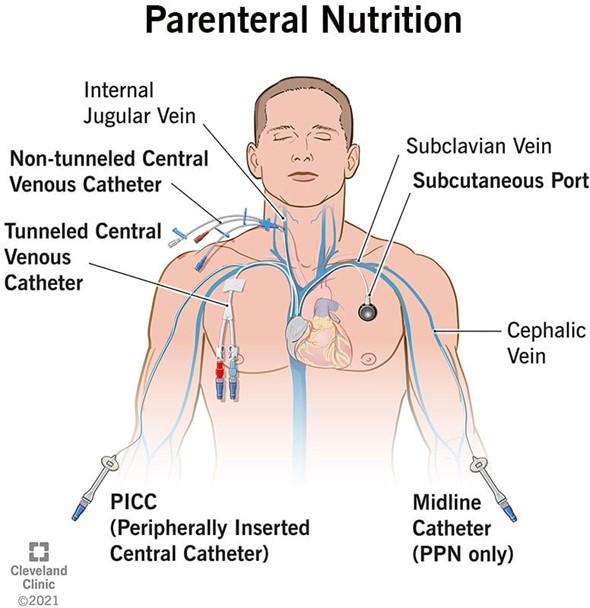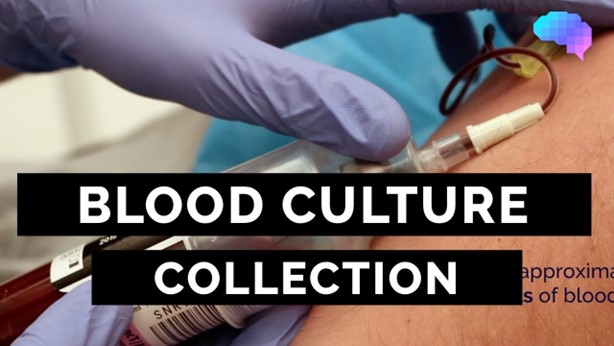A nurse in an emergency department is preparing a client for emergency surgery.
The client's blood alcohol level is 180 mg/dL.
Which of the following actions is the nurse's priority?
Insert an indwelling urinary catheter.
Insert an NG tube.
Obtain consent for surgery.
Apply antiembolic stockings.
The Correct Answer is B
The correct answer is choice B: Insert an NG tube.
Choice A rationale: Inserting an indwelling urinary catheter may be necessary for monitoring urine output in some cases, but in this situation, the priority is to insert an NG tube. This will help prevent aspiration during surgery due to the client's high blood alcohol level, which increases the risk of vomiting.
Choice B rationale: Inserting an NG tube is the priority action for the nurse because a high blood alcohol level increases the risk of vomiting and aspiration during surgery. An NG tube can help reduce this risk by keeping the stomach empty and minimizing the chance of aspiration.
Choice C rationale: Obtaining consent for surgery is important, but in emergency situations, consent may be implied, or a designated surrogate decision-maker may provide consent. It is not the priority action for the nurse in this scenario.
Choice D rationale: Applying antiembolic stockings is a preventive measure for deep vein thrombosis, but it is not the priority action in this case. Ensuring the client's safety during surgery, specifically by preventing aspiration, takes precedence due to the client's high blood alcohol level.
Nursing Test Bank
Naxlex Comprehensive Predictor Exams
Related Questions
Correct Answer is D
Explanation

If the new TPN solution is not available, the nurse should infuse dextrose 10% in water to prevent hypoglycemia.
Choice A is incorrect because disconnecting and flushing the IV access line would interrupt the client’s nutrition and could lead to hypoglycemia.
Choice B is incorrect because lactated Ringer’s solution does not provide the necessary glucose to prevent hypoglycemia.
Choice C is incorrect because decreasing the TPN infusion rate would not provide the necessary glucose to prevent hypoglycemia.
Correct Answer is B
Explanation

The priority action for a nurse caring for an older adult client who is suspected of having septicemia is to obtain a blood specimen for culture and sensitivity testing.
This test will help identify the specific microorganism causing the infection and determine the most effective antibiotic treatment.
Choice A is incorrect because while a WBC count with differential can provide information about the presence of an infection, it does not identify the specific microorganism causing the infection.
Choice C is incorrect because while obtaining a history to determine recent injuries can provide useful information, it is not the priority action.
Choice D is incorrect because while administering a broad-spectrum antibiotic may be necessary, it should not be done before obtaining a blood specimen for culture and sensitivity testing.
Whether you are a student looking to ace your exams or a practicing nurse seeking to enhance your expertise , our nursing education contents will empower you with the confidence and competence to make a difference in the lives of patients and become a respected leader in the healthcare field.
Visit Naxlex, invest in your future and unlock endless possibilities with our unparalleled nursing education contents today
Report Wrong Answer on the Current Question
Do you disagree with the answer? If yes, what is your expected answer? Explain.
Kindly be descriptive with the issue you are facing.
